FAQ
+ What exactly is Intersect Antigua? What inspired the name, and who does this collective exist for?
Intersect Antigua is an Antiguan, feminist organisation that was founded by Sarah-Anne Gresham and Nneka Nicholas in April, 2015. Our name was inspired by the understanding that vectors of power intersect to produce varied experiences of oppression on the basis of gender, colour, race, class, sexuality, and other identities. Moreover, these categories are not discrete but, instead, intersect to inform access, power, security, safety, and even love. Our name is one of many terms that can be employed to describe our feminism; it is intersectional. It is within this intersectionality that our purpose resides: to centre the experiences and needs of the most marginalized among us – including queer, trans, non-binary, and differently abled individuals who are Black, Indigenous, and identify as people of colour. By agitating for transformative change, we hope to reenvision a world where Caribbean womxn, men, and non-binary people are free to live and love in societies where they are cared for and cherished.
+ Who is Intersect Antigua composed of?
Our team consists of eight individuals committed to the realisation of our goals.
- Sarah-Anne Gresham – Co-founder and Essayist
- Nneka Nicholas – Co-founder and Legal Consultant
- Nicole Christian – Queer Identity and Advocacy
- Shannon Meade – Historian
- Javier Spencer – Creative Outreach
- Annetta Jackson – Storyteller
- Nicholas Jeffrey – Researcher
- Lucia Murray – Artist
+ Why does Intersect Antigua exist? In what struggle do you exemplify yourself?
Intersect exists to uplift and protect our most vulnerable, while also exemplifying anti-imperial, anti-colonial, anti-patriarchal, and anti-capitalist politics. We believe in healing ourselves and our communities – from violence – through reparatory, restorative, and transformative justice and care. Moreover, we advocate for environmental justice – a core feminist principle that is integral in adopting if we are to mitigate the effects of the climate crisis that has had severe and gendered impacts on small islands.
+ Does Intersect Antigua respond to a particular absence or demand?
Intersect’s existence is, in part, a response to the lack of Antiguan feminist organisations to centre and advocate for the most marginalized within our society. It is also this lack which creates a need for an organized, intersectional feminist presence on the island, as well as an outlet and safe space for those who require it the most.
+ What feedback have you received since your launch?
Following our online launch in 2015, we held a public rally – aimed at raising awareness about rape, domestic violence, human trafficking, and sexual harassment – in St. John’s, in collaboration with the Directorate of Gender Affairs and Art.Culture.Antigua. This event commemorated the International Day to Eliminate Violence Against Women on November 25, 2015 as part of the global 16 Days of Activism against Gender-Based Violence campaign.
Following this, we were able to conduct interactive feminist teach-ins with students from Antigua State College, Clare Hall Secondary School, Antigua Girls’ High School, Antigua Grammar School, and St. Anthony’s Secondary School on topics that include gender, power, comprehensive sex and consent education, and gender-based violence.
We have also engaged the public through the media, including Observer Radio and ABS Television, on gender- based discrimination, reproductive justice, and LGBTQIA rights.
In addition, since our increased presence on social media and the launching of our Caribbean Feminist Stories Project, we have received numerous interactions and submissions from individuals throughout the Caribbean. The warm reception that we have received in this regard has been incredibly affirming and a resounding reminder of the purpose we serve as an organisation.
+ What are your future plans?
Having recently wrapped up our Caribbean Feminist Stories Project, we plan to involve ourselves in abortion decriminalization and advocacy, as well as the decriminalization of Antigua and Barbuda’s infamous “buggery” law.
+ Do you collaborate with other organisations or collectives? Which ones?
Not only has Intersect Antigua has collaborated with Antigua’s Directorate of Gender Affairs and Art.Culture.Antigua, but we have also been involved with Girls of a Feather St. Lucia, the CaribbeanVoices Project, Amplify Caribbean, and ECADE. Moreover, we have hosted interviews with several incredible women espousing “queeribbean” feminist politics in tandem with our own via our Instagram page – including the likes of Heather Doram, Arica Hill, and Brenda Lee Browne.
+ What future do you envision for collaborations within the Caribbean region?
We hope to build stronger transnational Caribbean Feminist coalitions with other feminist organisations in the Caribbean. We realise how important it is to build alliances with each other and work towards a common goal given the similarities in our culture, history and other experiences.
+ How can I volunteer with Intersect Antigua?
Since we have switched to digital activism we are currently re-organising and reshaping what volunteerism with our organisation would look like. If you are interested in volunteering and would like to be notified when we start, please sign up to receive an email when we have opportunities available!

